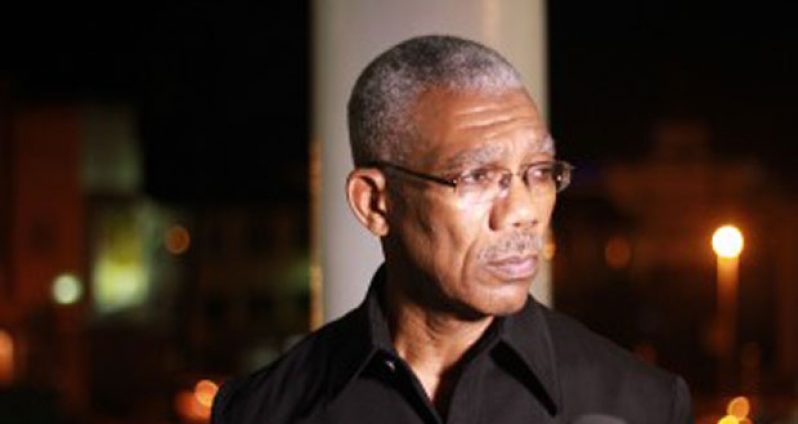Analysis by Rickey Singh
AS if anxious to reflect the ideals of the iconic late President Dr Cheddi Jagan, his nephew, Dr Clive Jagan, chose his debut presentation as one of the new parliamentarians last week to offer a commendable appeal for “working together to build Guyana…”
He would know that though some remain cynical, there are other fresh-face parliamentarians across the political divide in the National Assembly with whom his appeal would resonate and, hopefully, be encouraged.

As is well recognised, Guyana is one of the major multi-ethnic nations within CARICOM – Trinidad and Tobago being the other — where citizens of East Indian and African descent constitute the dominant composition of the population and with the so-called “race card” remaining a disturbing and challenging factor, particularly for national elections.
The significant difference is that with more careful political management in T&T — where the dominant ethnic groups are not as significant as in Guyana — this country has had to experience some of the most awesome, bloody, racial disturbances –under separate administrations of the People’s National Congress and People’s Progressive Party.
Ironically, neither of these two electoral thoroughbreds (PPP and PNC), could secure legitimate State power across ethnicities without multi-ethnic support and verified free and fair elections.
This is the harsh reality that the PNC had chosen to ignore in preference for notoriously rigged elections as independently documented by international, regional and local election monitors while in tight control of State power.

With the restoration in October 1992 of “free and fair elections,” for which the Carter Centre of former U.S. President Jimmy Carter had played a most significant role, along with local civil society organisations, the PPP/Civic achieved and maintained State power.
It was to retain the reins of power for almost the same period (23 years) as the PNC had done. The fundamental difference was routine verification of free and fair elections by successive, independent monitoring missions.
Now, in August 2015 – just over three months after last May 11 general elections for the 65-member National Assembly — while the governing coalition Administration led by President David Granger is engaged in debating the current national budget, the PPP is awaiting the outcome of a High Court hearing of an elections petition it has filed claiming documented electoral malpractices that robbed it of returning to government by a one-seat majority allotted to the governing APNU/AFC coalition.
ENTER EX-PRESIDENT JAGDEO
With former two-term President Bharrat Jagdeo in the new role of Opposition Leader as of this past Monday, the PPP has already telegraphed a warning to the Government and GECOM of “a struggle to change the claimed rigged parliamentary status quo” – based on the declared one-seat majority in the 65-member House of Assembly.

As claimed by Jagdeo, a development economist/politician by profession — even the declared official results have confirmed that the PPP/Civic remains the country’s single largest party, having polled forty nine (49) percent of the officially declared valid votes.
Truth is that whatever eventually develops in relation to the PPP’s elections petition, currently before the country’s Chief Justice Ian Chang, the harsh political reality points to a clear, and urgent, need for new, enlightened approaches on the way forward for national unity in Guyana. This remains the big challenge for both President Granger and former President Jagdeo.
This would require practical initiatives to avoid the pattern of negative head-counting for local and parliamentary elections. They must seriously and sincerely move toward the highly desirable goal of fostering practical national unity that’s based on mutual respect for the fundamental social and political rights that could enhance Guyana’s endearing national motto: “One People, One Nation, One Destiny.”
Meanwhile, across in neighbouring Trinidad and Tobago, some 55 minutes Caribbean Airlines flying time from Guyana, where the “race factor” is once again being played out for the coming September 7 general elections, the incumbent People’s Partnership Administration of Prime Minister Kamla Persad-Bissessar, is parading confidence for a second-term victory.
For his part, leader of the opposition People’s National Movement Keith Rowley, is boldly seeking to energise supporters of the PNM with the promise of “our turn next,” while quite aware that his party is facing an uphill task for a return to State power in the face of some strong criticisms over his own leadership style.
(Rickey Singh is a noted Caribbean journalist based in Barbados)



.jpg)








